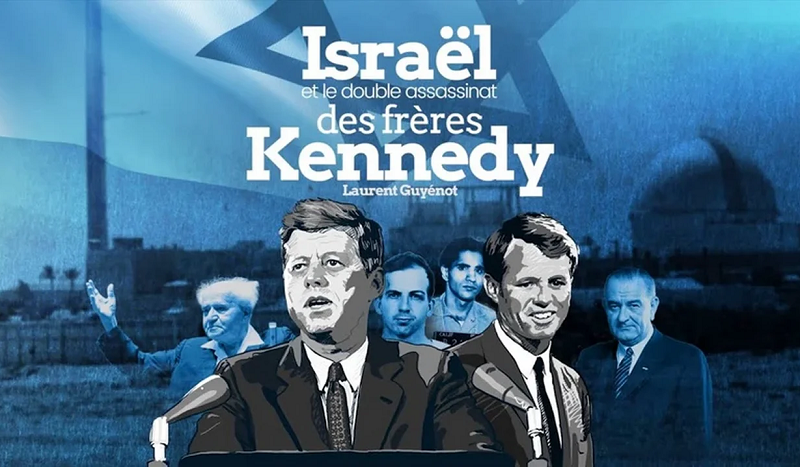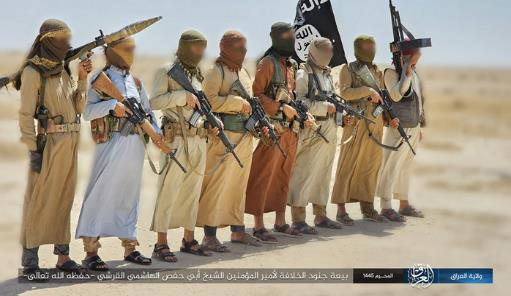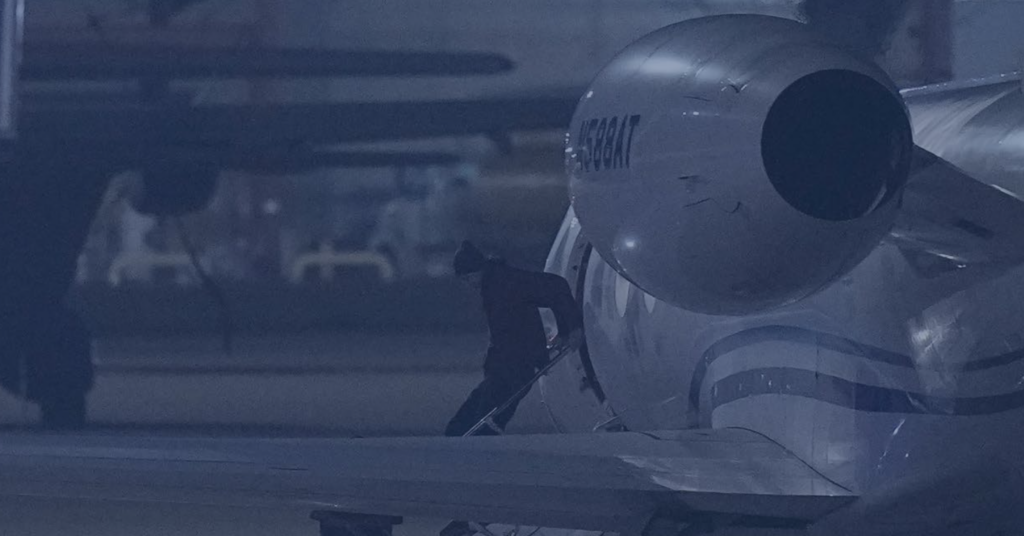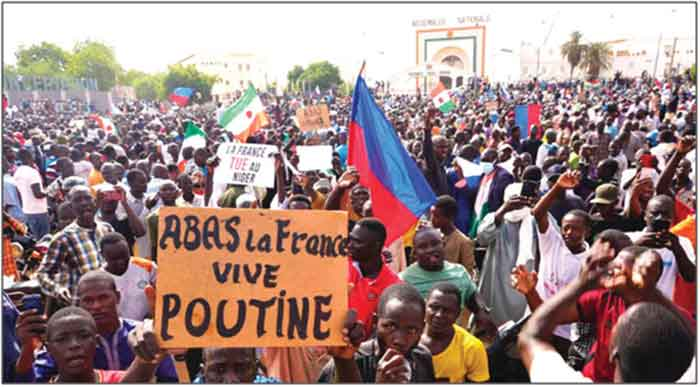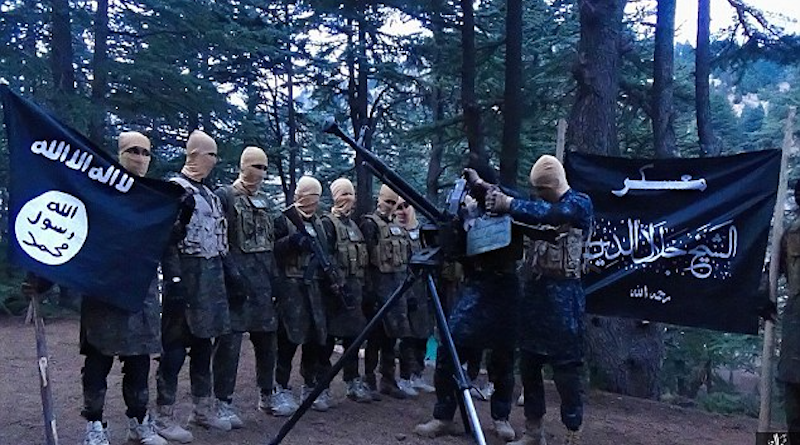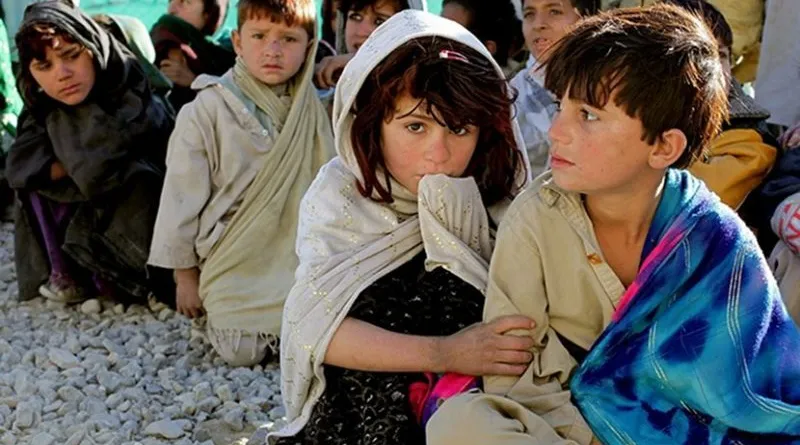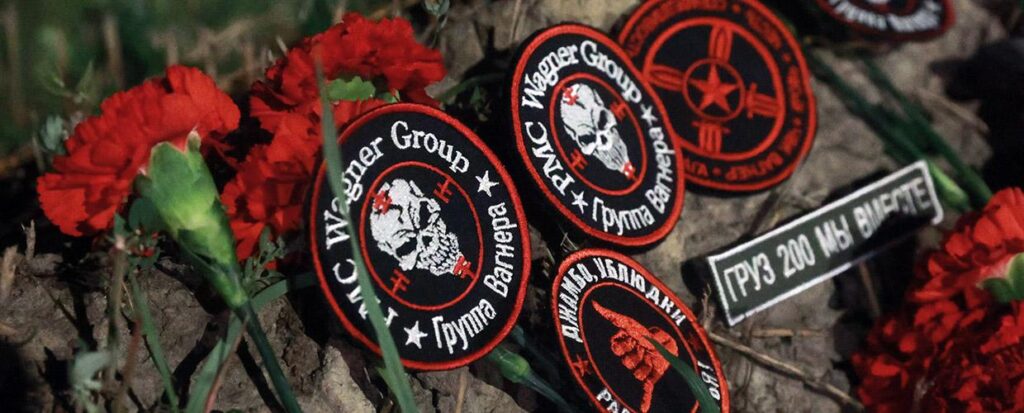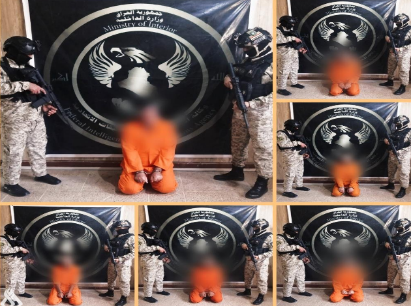The Fallout in Chad from the Fighting in Darfur
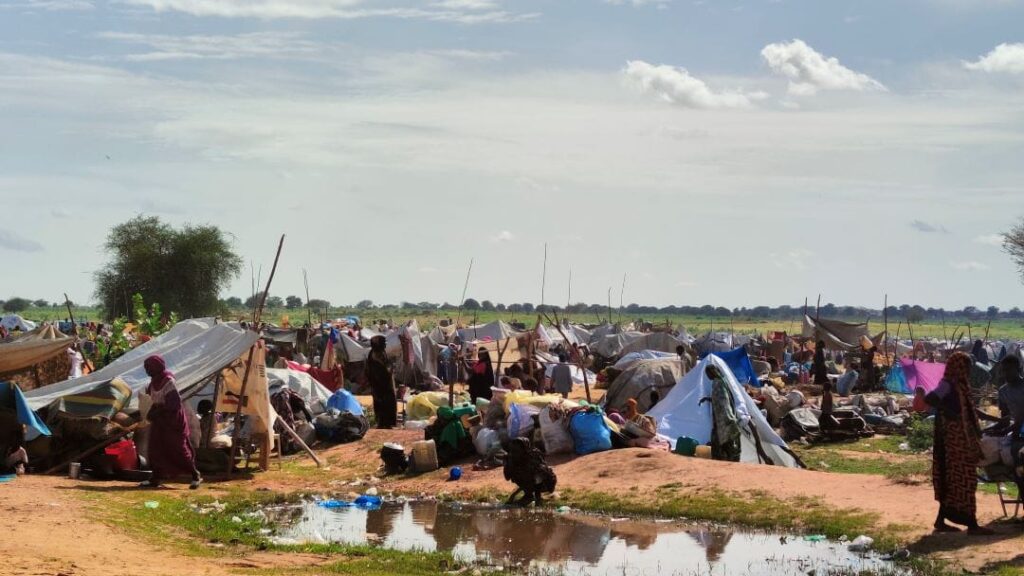
War in Sudan’s Darfur region has triggered a refugee crisis in eastern Chad and raised concerns that turmoil could spread. In this Q&A, Crisis Group expert Enrica Picco draws upon research at the Chad-Sudan border to explain the challenges facing N’Djamena.

